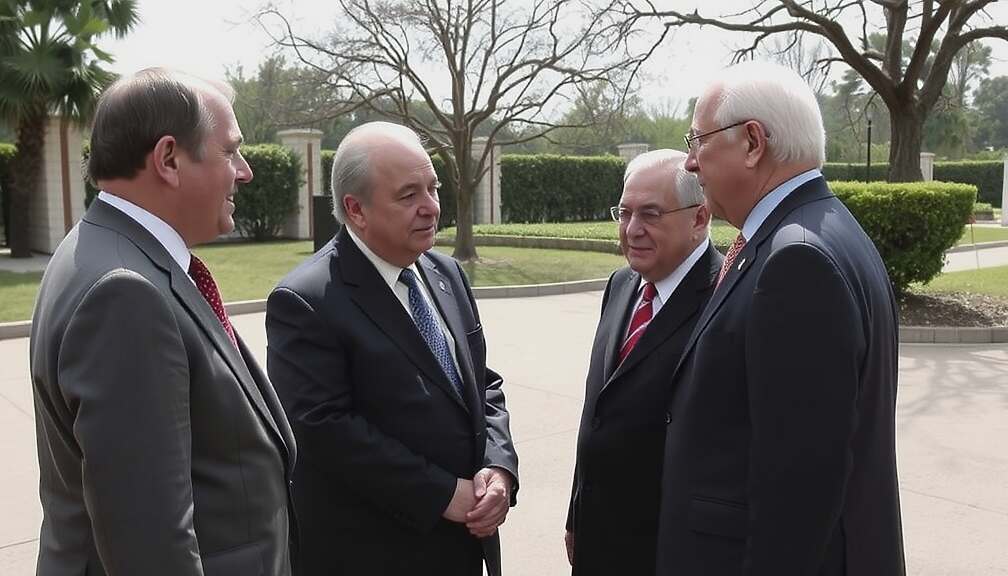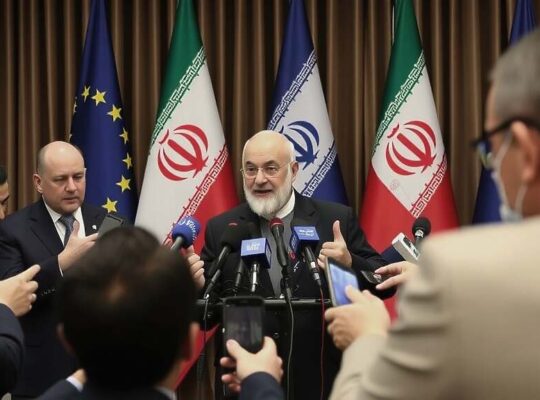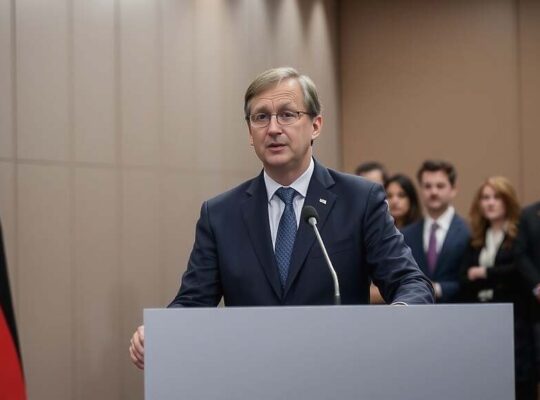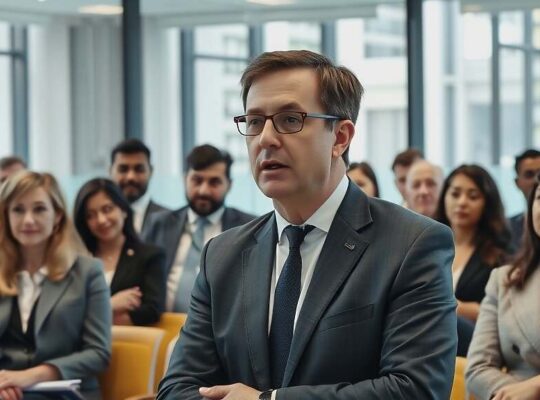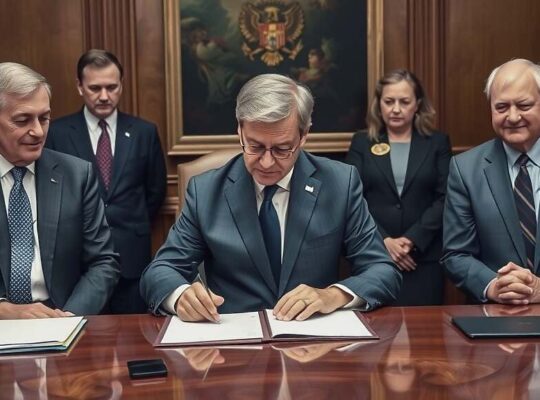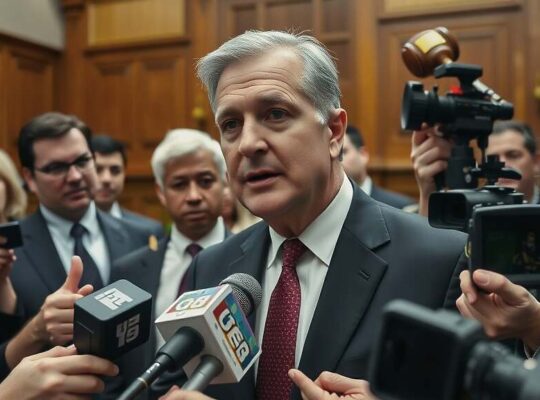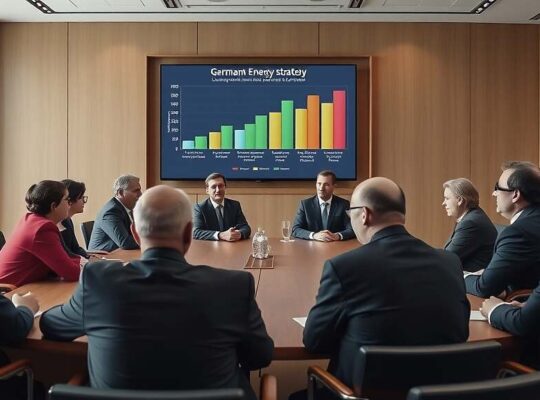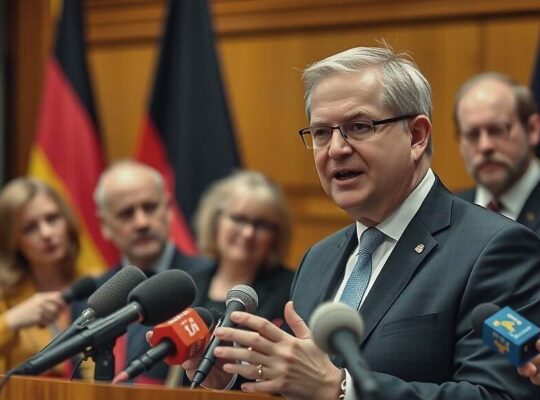Chancellor Friedrich Merz of the Christian Democratic Union (CDU) has pledged renewed commitment to Turkey’s European perspective, signaling a potential shift in Germany’s approach towards Ankara despite persistent concerns regarding democratic backsliding. Following a meeting with Turkish President Recep Tayyip Erdoğan in Ankara on Thursday, Merz stated that both he and the German government view Turkey’s future as intrinsically linked to the European Union and expressed a desire to “pave the way” toward closer integration.
The commitment, which includes a pledge to advocate for a strategic dialogue at the European level, has been met with cautious optimism tempered by the stark realities of Ankara’s recent trajectory. Erdoğan himself emphasized that he had conveyed Turkey’s expectations concerning full membership during the meeting, suggesting a belief that reciprocal appreciation of Turkey’s ambitions could expedite progress. He asserted that significant advancements could be achieved “in a very short time” if the EU demonstrates the requisite commitment.
However, the prospect of Turkey’s accession remains fraught with complexities. The Copenhagen criteria, the benchmarks for potential EU membership encompassing fundamental rights, democracy and the rule of law, have become a persistent sticking point. While the resumption of strategic dialogues between foreign ministers, the revival of the Joint Economic and Trade Committee (JETCO) and a fifth defense industry forum are tangible signs of renewed engagement, the core issues remain unresolved.
Chancellor Merz did acknowledge publicly that recent developments in Turkey have fallen short of European standards concerning the rule of law and democracy, a veiled reference to concerns over judicial independence, freedom of expression and the ongoing erosion of civil liberties. He assured that a dialogue on these issues will continue, emphasizing that Germany desires Turkey to play a “significant role”-a statement open to multiple interpretations.
Critics in Brussels and Berlin are likely to view the renewed commitment with skepticism. The pledge to advocate for Turkey’s European perspective, without a clear and unwavering emphasis on adherence to the Copenhagen criteria and tangible democratic reforms, risks undermining the EU’s credibility on fundamental values and potentially rewarding actions that contradict its own principles. The delicate balance between strategic engagement and upholding European standards will be a crucial test for Chancellor Merz and the German government as they navigate this increasingly complex relationship. The revival of these dialogues, while welcome, demands more than mere rhetoric; they require concrete actions and tangible reforms from Ankara to merit genuine consideration for eventual accession.


